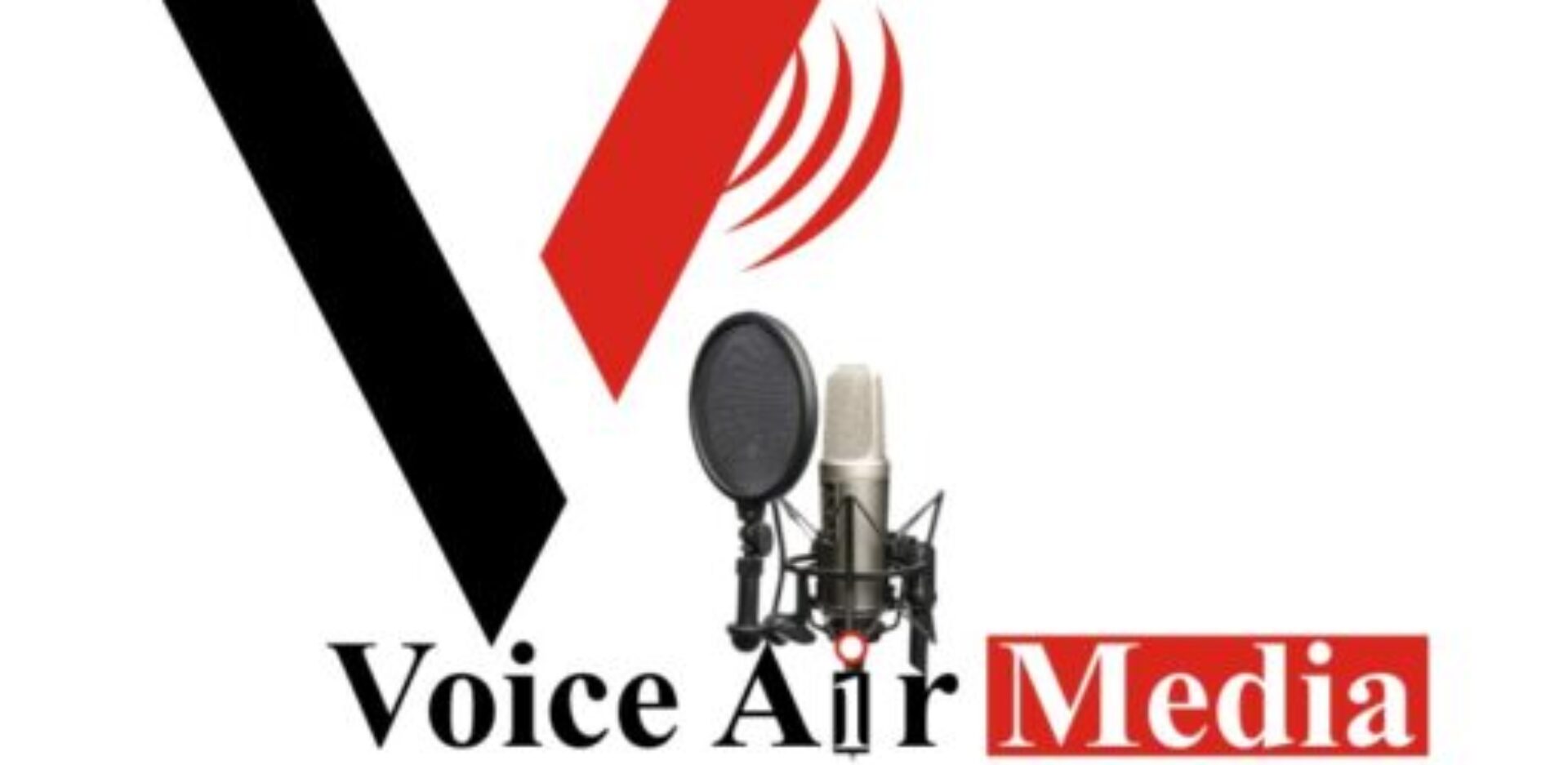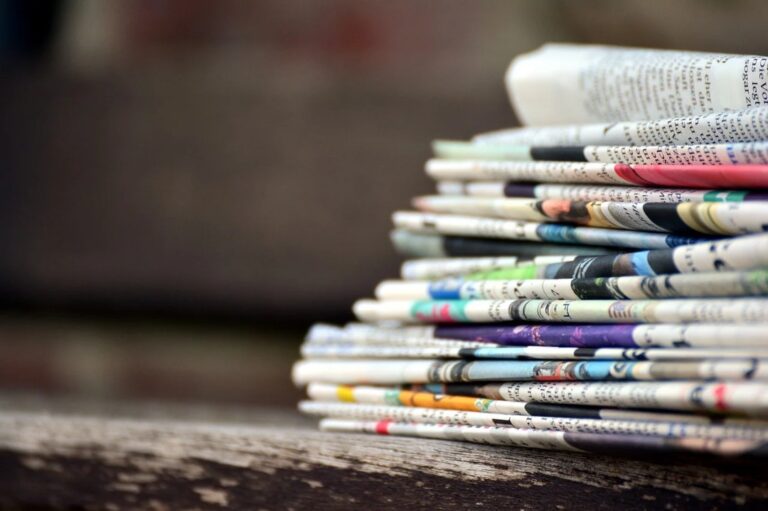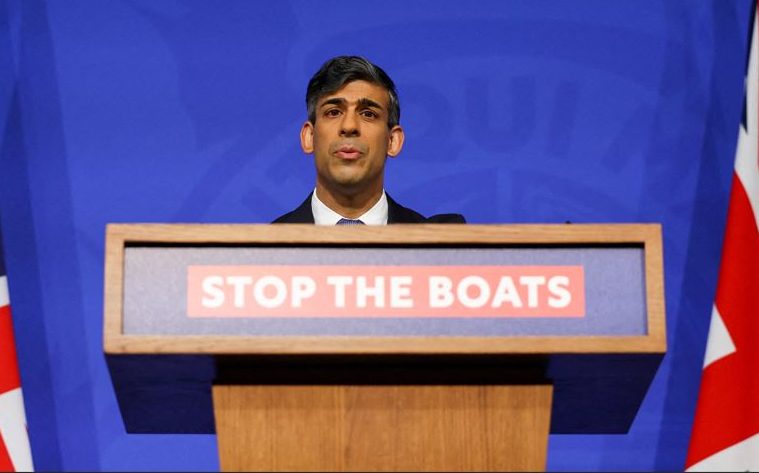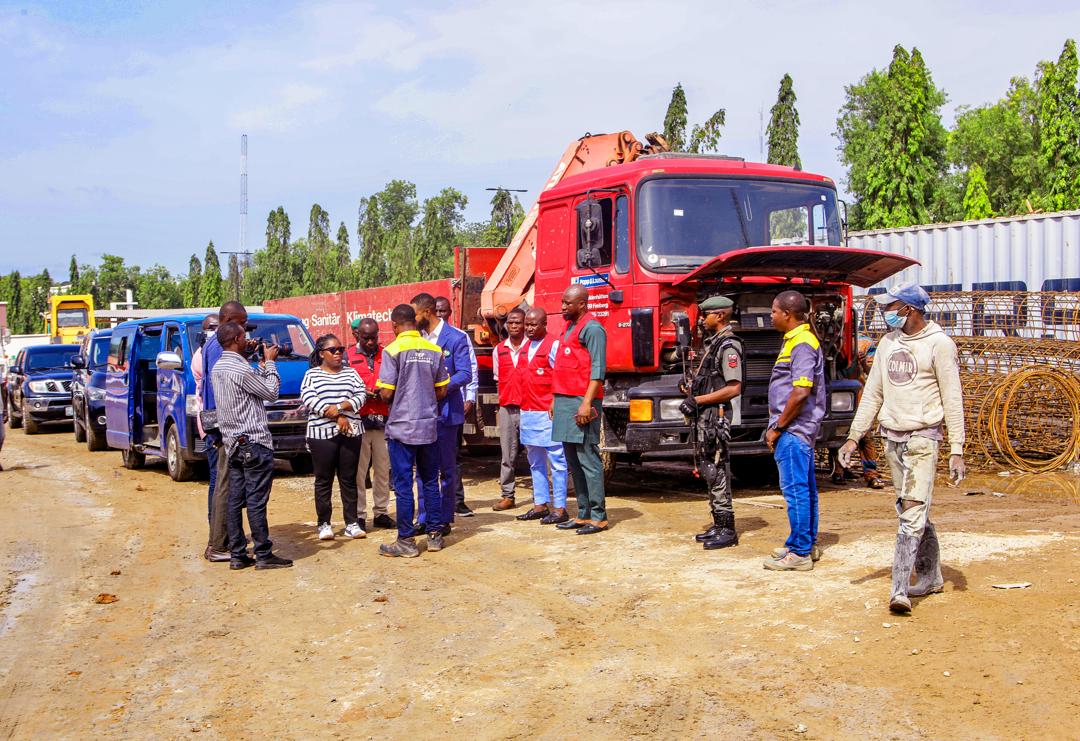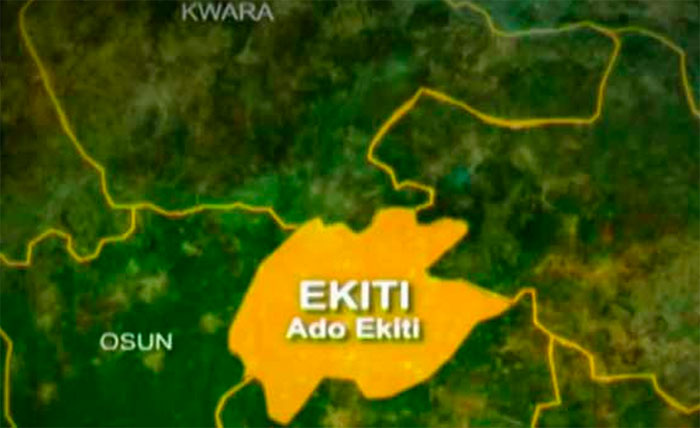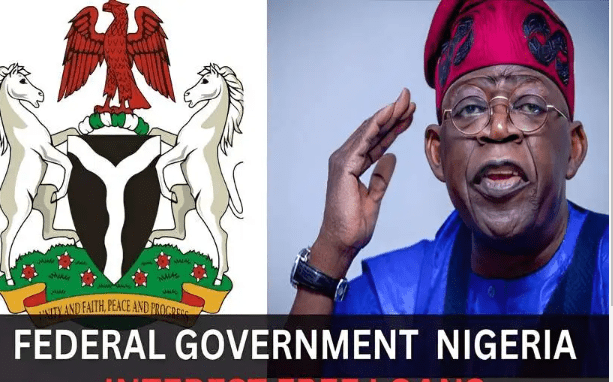South Korea Govt Offers First Compromise In Effort To End Doctors’ Strike

South Korea’s government offered its first concession to striking doctors on Friday in an effort to end a two-month-long walkout prompted by proposed increases to medical school enrolment.
Hospitals have been forced to cancel crucial treatments and surgeries since thousands of trainee doctors walked out on February 20 to protest against an increase in annual admissions by 2,000 slots, starting next year.
The government says its plan would ease doctor shortages but medical professionals and trainees have said the changes would erode the quality of education and health services.
The heads of six public universities suggested this week reducing the enrolment increase by up to 50 percent and allowing universities the autonomy to set their own admission quotas as a potential way to end the strike.
Prime Minister Han Duck-soo told reporters Friday that the government “accepts the suggestions from the presidents of national universities”.
For the 2025 academic year only, 32 universities will together be allowed to recruit as few as 1,000 additional medical students, on top of their regular quota, or as many as 2,000 more, he said.
It remains unclear whether trainee doctors, who play a key role in emergency procedures and surgeries at general hospitals, will return to work following the offer.
The announcement came after President Yoon Suk Yeol’s conservative ruling party was dealt a crushing defeat in parliamentary elections last week.
South Korea’s medical community is advocating for a thorough “reevaluation” of the reform plan, effectively urging the government to abandon it.
Lee Seok-young, a spokesman for the Korean Medical Association (KMA), a leading doctors’ representative body, said its stance “remains unchanged”.
Former KMA head Joo Soo-ho told AFP “the current government demonised doctors in order to forcefully implement unreasonable policies”.
“It’s now unlikely that they are going to return to work no matter what happens to this reform plan,” he said.
‘Protect lives’
The public initially sympathised with the government over the doctors’ walkout.
However, polls leading up to the April 10 election indicated sentiment had shifted, with nearly 60 percent of people surveyed in a Dong-A Ilbo poll saying the government should adjust the scale and timing of its reform.
The main opposition Democratic Party, which, along with its affiliate, secured 175 of the 300 seats in the National Assembly, had also slammed Yoon for the stalemate and urged him to revise the reform plan.
Han said the latest decision by the government was made to “protect the lives and health of the people”.
Junior doctors say the education reforms are the final straw in a profession where they already struggle with tough working conditions. Some have said they no longer wished to pursue a medical career, regardless of what happens to the reform plan.
The government had previously called on doctors to return to their patients, warning of legal consequences for non-compliance and suspending the medical licences of at least two doctors.
The Korean Intern Resident Association, which represents trainee doctors, told AFP they still believed the plan should be reevaluated despite the government’s new proposal.
Proponents of the plan say doctors are simply trying to safeguard their salaries and social status.
Apple removes WhatsApp and Threads from Chinese App Store— Reports

Apple has removed WhatsApp and Threads from its Chinese App Store after the Chinese government ordered it to do so for “national security” reasons.
Apple confirmed it had withdrawn the two apps – both owned by Meta, also the owner of Facebook – under instruction from the Cyberspace Administration of China, which regulates and censors China’s highly restricted internet and online content.
“The Cyberspace Administration of China ordered the removal of these apps from the China storefront based on their national security concerns,” Apple said in an emailed statement to Reuters. “We are obligated to follow the laws in the countries where we operate, even when we disagree.”
China’s Great Firewall blocks numerous foreign apps and websites, including WhatsApp, from being accessed or used domestically, but individuals can often bypass the blocks using VPNs. Apple users in China can still download WhatsApp and Threads if they have iCloud accounts set outside China.
China’s ruling Communist party continues to tighten its control over internet usage in the country, with comprehensive censorship of sensitive topics on social media, and monitoring of communication. It has proposed policies designed to reduce the amount of time children spend online.
It was not clear to what the administration’s national security concerns related.
The removal of WhatsApp and Threads comes before a US legislative vote on a bill that would force the Chinese company ByteDance to sell TikTok or face it being banned from the US market.
The push to ban TikTok, or have it shifted from Chinese ownership, has been driven by lawmakers citing national security concerns about China’s influence on the American public, and the retention of US user data.
The Chinese order to remove the apps was first reported by the Wall Street Journal on Friday. The Guardian has contacted Apple for further comment. Meta referred queries to Apple.
Nestle reacts to allegation of adding sugar to infant formulas in Nigeria

Nestle Nigeria, a subsidiary of Nestle, a global food and beverage company, has denied adding sugar to its products sold in Nigeria, insisting it is not violating the global guidelines for infant formulas.
This was contained in a statement issued on Thursday and shared with PREMIUM TIMES by the company’s Head of Corporate Communications, Victoria Uwadoka.
Nestle Nigeria, a subsidiary of the Swiss-based multinational company, said it complies with the global requirements on the usage of sugar and supplies quality products to every part of the world.
The company’s statement is in response to an earlier inquiry by PREMIUM TIMES on the development. Ms Uwadoka had requested that a mail be sent by our reporter and pledged a response as soon as possible, saying she was far away from the office.
Denial
The statement counters the findings of a recent investigation, which revealed that Nestle had been selling substandard infant food products to Nigeria and other low and middle-income countries.
The investigation, carried out by the Public Eye, a Swiss investigative organisation, in collaboration with the International Baby Food Action Network, revealed that Nestle provides its best quality to Europe and other developed nations but supplies substandard products to low- and middle-income countries across the world.
“For Nestlé, not all babies are equal when it comes to added sugar,” the report said.
Samples of Nestle’s baby food products sold in Asia, Africa, and Latin America were sent to Belgium for laboratory testing.
PREMIUM TIMES had reported some of the findings which significantly involved Nigeria.
Sugar in Nigeria Cerelac
Traces of sugar, such as sucrose or honey, were found in samples of Cerelac, a cereal for children between six months and two years old, and Nido, a follow-up milk formula brand intended for infants at least one year old.
Reacting to these claims, Nestle Nigeria said the multinational company provided the same nutrition, health, and wellness principles everywhere in the world.
According to the company, Cerelac may have slight variations in recipes worldwide.
It also said, “In Europe, Nestlé’s range of cereals comes with and without added sugars.
“ Like everywhere in the world, in Nigeria, we do not add sugars (sucrose and glucose) to Infant formula for children aged 0-12 months.
It said, “These principles are aligned with both international and local guidelines, noting that baby formulas in Nigeria for children 0-12 do not add sugar contents. Nigeria, our Growing Up Milk have no added sugars.
“Our milk and cereals for young children are fortified with vitamins and minerals such as iron to help tackle malnutrition.”
High sugar in Nigeria’s Cerelac
Cerelac from Nigeria had the second-highest sugar content, with 6.8g per serving. The country closely follows the Philippines, which has 7.3g.
The report said, “On average, our analysis found almost 4 grams per serving or about one sugar cube.”
Nigeria was ranked 7th out of 10 countries with high sugar content in Nido. According to the report, samples from Nigeria and Senegal, ranked 8th, had 0.6g.
The highest sugar content was found in Panama samples, at 5.3g per serving. Then came Nicaragua 4.7g; Mexico 1.8g; Costa Rica 1.6g; South Africa 0.9g; and Indonesia 0.7g.
*Indian embassy advises citizens to reschedule non-essential travel to Dubai amid floods
The Indian embassy in the United Arab Emirates on Friday advised Indian passengers travelling to or through the Dubai airport to reschedule non-essential travel until operations normalise after unprecedented rainfall and floods in the city.
On Tuesday, the United Arab Emirates experienced its heaviest rainfall in the 75 years that records have been kept. The rains flooded Dubai, causing widespread damage to property and infrastructure, bringing much of the emirate to a standstill.
In its advisory, the Indian embassy said that airport authorities have advised that passengers may travel to the airport “only after final confirmation from their respective airlines regarding the departure date and time of their flights”.
The Indian diplomatic mission in Dubai said that while the authorities are trying to normalise operations at the airport “the situation is unprecedented”.
Flight operations at the Dubai International Airport, which is the busiest in the world by volume of international passenger traffic, has remained disrupted even as public transportation services have gradually resumed.
The airport started limiting the number of incoming flights from 12 pm on Friday. Emirates, one of the country’s flagship carrier airlines, said it was suspending check-in for all passengers on its network travelling with onward connections through Dubai for the entirety of Friday.
On Wednesday and Thursday, India’s largest airlines IndiGo and Air India had cancelled several flights to Dubai.
A record 254 mm of rainfall was recorded in Al Ain, a town close to the country’s border with Oman. This was the highest rainfall ever in a 24-hour period since record-keeping began in 1949.
The country lacks drainage systems to cope with torrential rainfall.
Government schools across the country will remain closed till Friday as a precautionary measure.
Since 2002, the United Arab Emirates government has been cloud seeding to ensure water security. However, the country’s National Center of Meteorology said there had been no such cloud-seeding operations before or during the storm on Tuesday.
The New York Times quoted experts as saying that the deluge had likely been caused by a regular rainy weather system that may have been exacerbated by climate change.
Buy an annual Scroll Membership to support independent journalism and get special benefits.
Oil prices erase gains as Iran plays down reported Israeli attacks

Iranian officials described a small number of explosions, which they said resulted from Iran’s air defences hitting three drones over the city of Isfahan. Notably, they referred to the incident as an attack by “infiltrators”, rather than by Israel, obviating the need for retaliation.
Oil prices gave up nearly all of early Friday’s gains after an Iranian official told Reuters that it had no plan for retaliation, a response aimed at preventing a broader conflict in the region.
Brent crude oil prices surged by over 3 per cent to approximately $90 per barrel during Friday morning’s trading session in Asia, while the price of gold remained near a new all-time high, surpassing $2,400 per ounce. Following the development that Israel launched missile strikes against Iran in the early morning hours today, key stock indices in Japan, Hong Kong, and South Korea experienced declines.
Iranian media and officials described a small number of explosions, which they said resulted from Iran’s air defences hitting three drones over the city of Isfahan. Notably, they referred to the incident as an attack by “infiltrators”, rather than by Israel, obviating the need for retaliation.
An Iranian official told Reuters there were no plans to respond against Israel for the incident.
“The foreign source of the incident has not been confirmed. We have not received any external attack, and the discussion leans more towards infiltration than attack,” the official said.
Regional tensions have increased since the start of the latest Israel-Hamas war on Oct. 7, when Hamas and Islamic Jihad — two militant groups backed by Iran — carried out a cross-border attack that killed 1,200 people in Israel and kidnapped 250 others. Israel responded with an offensive in Gaza that has caused widespread devastation and killed more than 33,900 people, according to local health officials.
Guinness World Record: Davido cheers on Nigerian chess master, Onakoya in New York

Afrobeat sensation, David Adeleke, popularly known as Davido, has come out to support renowned chess Master, Tunde Onakoya, as he aims to surpass the Guinness World Record for the longest chess marathon.
Among those who have come out to support Onakoya is Nigerian singer, Adekunle Kosoko, popularly known as Adekunle Gold, Nigeria’s Consul-General in New York City, Ambassador Peter Egopija, and Omoyele Sowore among others.
Sharing updates on his X account on Thursday, Onakoya wrote, “Game number 100. 87 against my main opponent #CoachShawnMar. 13 against external challengers.
“We are now 31 hours in, with 27 to go! That puts us officially past the halfway mark. It’s looking possible now. Keep streaming, keep donating.”
The event, which is underway at New York City’s iconic Times Square, started at 10am on Wednesday, April 17, and is scheduled to end at 8pm on April 19.
Onakoya is engaging in an intense chess marathon, aiming to play for 58 hours without a single defeat.
The current Guinness World Record, set by Hallvard Haug Flatebø and Sjur Ferkingstad of Norway on November 11, 2018, stands at 56 hours, 9 minutes, and 37 seconds.
Indians vote in huge election dominated by jobs, Hindu pride and Modi

A substantial number of Indians voted on Friday in the first phase of the world’s largest election, authorities said, as Prime Minister Narendra Modi seeks a historic third term on the back of issues such as growth, welfare and Hindu nationalism.
The vote pits Modi’s Bharatiya Janata Party (BJP) against an alliance of two dozen opposition parties that promise greater affirmative action and more handouts while stressing what they call the need to save democratic institutions.
Three hours before polls closed, figures from the Election Commission showed voter turnout ranged between 40% in the sprawling northern state of Bihar and 68% in the small northeastern state of Tripura.
“Voters show great enthusiasm as polling reaches halfway mark,” an election panel spokesperson had posted earlier on X. “Substantial voter turnout reported.”
The first of seven phases, Friday’s vote covered 166 million voters in 102 constituencies across 21 states and territories, from Tamil Nadu in the south to Arunachal Pradesh on the Himalayan frontier with China.
Almost a billion people in the world’s most populous nation are eligible to vote in the entire exercise running through the peak of summer until June 1, with results set, opens new tab for June 4.
“Modi will come back to power, because apart from the religious push, his other work, in areas such as safety and security, is good,” said Abdul Sattar, 32, a Muslim voter in the city of Kairana in the most populous state of Uttar Pradesh.
Surveys suggest the BJP will easily win a majority, even though voters worry about unemployment, inflation and rural distress in the world’s fastest growing major economy.
Jobs were the chief concern for Mohammed Shabbir, another Muslim voter in Kairana. None of his eight children had regular employment, the 60-year-old driver said.
“Even the Hindus are affected by a lack of jobs,” he said, adding that the problem outweighed the appeal of Hindu nationalism in the Hindu-majority nation.
Especially after Modi’s January consecration of a grand temple to Lord Ram on a site in Uttar Pradesh believed to be his birthplace, Hindu nationalism is a key election theme.
Critics accuse Modi’s government and party of targeting India’s 200 million minority Muslims to please their hardline Hindu base – charges both deny.
Modi aims to win 370 of parliament’s 543 seats, up from 303 in 2019, hoping for a two-thirds majority that some analysts and opposition members fear could let his party usher in far-reaching constitutional changes.
STRONG SOUTHERN PUSH
But in Tamil Nadu, one of India’s most developed states where the BJP is weak, voters seemed divided on whether Modi’s strong push this time round would benefit his party.
“Modi has made India a peaceful country, particularly for Hindus,” said S. Rajagopal, a three-wheel taxi driver in the state capital of Chennai.
“The BJP may not boost its vote share in Tamil Nadu but nationwide, Modi will win hands down again.”
However, V. Parasuraman, 55, a businessman in construction, said the BJP had done little for Tamil Nadu, adding, “People here are educated and … won’t fall for Modi’s sugar-coated words.”
The BJP campaign focuses on Modi’s guarantee to deliver on promises to voters.
“This election is not just to choose a member of parliament,” Modi said on Friday. “It is an election to secure the future of generations that come after you.”
India needed a “strong” government at a time when “clouds of war are hanging over the world”, he added.
Victory for Modi would make him only the second Indian prime minister to be elected three times in a row, after post-independence leader Jawaharlal Nehru.
PROSPECT OF HEAT, VIOLENCE
Surveys show a big gap between BJP and the opposition but it was not “necessarily unsurmountable”, said political analyst Sandeep Shastri of research firm Lokniti Network.
“Many voters say that we take our decision on who to vote for during campaigning and many say we do it closer to the day of voting,” he said. “So there is also scope for campaigning to impact the nature of the verdict.”
But some BJP insiders and analysts say the party is worried about complacency or overconfidence among voters and party members, and needs to draw more people to vote.
Yet the opposition’s INDIA alliance has struggled to forge unity. It has accused the government of hobbling its efforts by arresting its leaders in graft cases and making huge tax demands ahead of the vote – a charge the government denies.
The election will decide the future of Indian democracy, Rahul Gandhi, leader of the main opposition Congress party, said on X.
“Strengthen democracy by applying the balm of your vote to the wounds inflicted on the soul of the nation in the last 10 years … defeat hatred,” he said on Friday.
For second time in a week, Russian strike in Ukraine kills and wounds dozens of civilians

For the second time this week, Russian strikes have caused significant civilian casualties in a key Ukrainian city as Russian missiles hit areas around the southeastern city of Dnipro on Friday, killing at least 8 people — including two children — and wounding nearly 30 more.
Two days earlier, Russian missiles struck the center of Chernihiv in northern Ukraine, killing at least 18 and injuring nearly 80 more — one of the deadliest strikes in months.
Friday’s strikes in Dnipro damaged several floors of a residential building as well as the station, Ukraine’s President Volodymyr Zelensky said in a statement.
The strikes underline a shift in the war that has intensified in the past few weeks that has seen far more Russian airstrikes start to get through and Russian bombing broaden in scale as Ukrainian air defenses run out.
Russian bombing using missiles and drones now hit Ukrainian cities virtually every night, and in some cities, appear to have become once again more indiscriminate. The number of civilians dying has dramatically risen as have the number of successful Russian strikes on Ukrainian energy infrastructure.
The United Nations says it has recorded a steep rise in the number of civilian casualties as the U.N. Human Rights Monitoring mission says it has verified at least 604 civilians killed or injured in March, a 20% increase from February.
Russia has improved its tactics for launching air attacks at the exact same time as Ukraine’s air defense has become far more porous as the are now short on ammunition with American military aid stalled in Congress.
While Ukraine has been largely able to protect Kyiv and Lviv, it lacks sufficient air defense systems to cover most keys cities outside the capital. Some experts and Ukrainian officials have expressed particular fear for Kharkiv, saying they worry Russia hopes to use constant strikes to make Ukraine’s second largest city — home to a million people — unlivable.
Meanwhile, President Zelensky has urged Ukraine’s allies to provide more air defense support urgently.
He and other Ukrainian officials have also noted that the U.S. and other western countries had intervened with their own militaries to protect Israel from the massive missile and drone attack launched by Iran on Sunday, suggesting the same could be done to shield Ukraine.
Zelensky on Friday, again, said Ukraine’s partners had the means to help stop Russian strikes.
“The world can guarantee this, the partners have the necessary capabilities. This has been proven particularly in the skies of the Middle East, and it should work in the skies of Europe,” Zelensky wrote in a post on his Telegram account.
The U.S. House of Representatives is poised to vote on the long-stalled security package worth tens of billions of dollars in military aid for Ukraine this weekend after Republican House Speaker Mike Johnson moved to put it forward along with separate aid bills for Israel and Taiwan.
The vote’s outcome still hangs in the balance, however, with far right, pro-Trump Republicans threatening to try to oust Johnson if he goes ahead with it. Johnson has vowed to put the measures to a vote even if it costs him his job.
Trump uses hush money trial to squeeze small donors, court big spenders
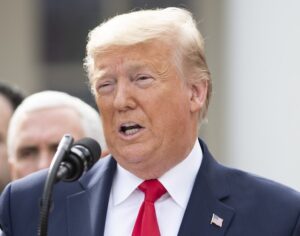
Republican presidential candidate Donald Trump is using his hush money trial to squeeze his loyal army of small donors and personally lobby major backers as he scrambles to reduce a major fundraising disadvantage with Democratic President Joe Biden.
His campaign has been firing off daily, dramatically worded fundraising appeals to small donors – who rallied to support him when he was first charged in the case last year – since the trial in New York began with jury selection on Monday.
“I could be locked up for life,” one email read this week. “I should be campaigning across America and fighting for our country. But instead, I’m stuck in Biden’s corrupt court AGAIN,” read another, although Trump is being tried in New York state court by the Manhattan district attorney and not by the Biden administration.
He faces up to four years in prison if convicted, although many of those who have been convicted of that crime in the past have faced punishments like probation and fines.
There are early warning signs that Trump’s small-donor base may be flagging, suggesting Trump may have to rely more heavily on major donors ahead of the Nov. 5 rematch against Biden.
The biggest fundraising group collecting money for his campaign – known as the Trump Save America Joint Fundraising Committee – reported on Monday that it raised $33.6 million in the first quarter from donors who gave $200 or less.
That was about $17 million less than the amount raised from small donors at the same point in the 2020 election cycle by Trump’s main fundraising group at the time, the Trump Make America Great Again Committee, according to a Reuters review of disclosures filed to the Federal Election Commission.
Small donors have historically been crucial funders of Trump’s presidential campaigns, and last year they helped Trump raise $13 million in donations in the week after his indictment in the New York case.
But, after initial fundraising spikes off the back of early court appearances last year, donations have slowed as charges accumulated in more cases.
A degree of “Trump fatigue” appears to have set in after nine years of the former real estate tycoon blasting out near-daily overtures for cash, said Zachary Albert, a politics professor at Brandeis University who has studied small donors.
“He’s been fairly unscrupulous in his appeals,” said Albert. “The norm is to treat these small donors as cash cows that you squeeze as much as you can, as often as you can.”
Still, Albert expects an uptick in donations during the trial as the campaign seeks to capitalize on supporters’ sentiment that Trump is being unfairly tried.
The Trump campaign did not respond to a request for details on its fundraising strategy. It is due on Saturday to report on its finances through March.
Trump’s campaign reported raising $10.9 million February, well below the $21.3 million that Biden’s reported raising.
DONOR CALLS, BIG FUNDRAISERS
Given Biden’s financial advantage and Trump’s spiraling legal costs, Trump is increasingly focused on landing big checks.
The Republican candidate is ratcheting up donor events, placing calls to benefactors on the fence and tapping a money-raising operation that has merged with the Republican National Committee, according to three people briefed on the activity.
“The donors I’ve needed him to talk to, he’s been exceedingly effective in terms of getting large checks and support from them,” said one Trump fundraiser, who asked to remain anonymous to share private conversations.
In the last two weeks, Trump has held fundraisers in Georgia and Florida. The campaign aims to raise at least $5 million from each event, although it has settled for less, one of the sources said.
An April 6 fundraiser at hedge fund manager John Paulson’s Palm Beach home, which Trump’s campaign said raised more than $50 million, attracted heavy-hitter co-hosts including hedge-fund investor Robert Mercer and his daughter and conservative activist Rebekah, investor Scott Bessent, and casino mogul Phil Ruffin.
Some longtime Republican donors remain reticent to back Trump, however, often citing what they see as his erratic personality or the Jan. 6 attack on the U.S. Capitol by his supporters as their main stumbling points.
Several told Reuters they are holding back out of concerns about their donations going to Trump’s mushrooming legal fees.
A fundraising group run by Trump has spent more than $55 million on legal bills since the start of 2023. So far, the political contributions paying Trump’s legal bills have largely come from small donors.
Another Republican donor said he was comfortable backing Trump again but first wanted to understand what strategy the RNC had to win in battleground states.
One fundraiser said Trump’s legal problems, which include four criminal cases, had had the opposite effect on some donors, prompting some to reach for their checkbooks.
“These trials are the catalyst of phone calls,” said George Glass, a retired businessman who was Trump’s ambassador to Portugal.
In a sign of how the trial is affecting Trump’s fundraising outreach, Trump this week called in from New York to Florida to speak during a meeting of the Rockbridge Network, a low-profile but influential group of conservative donors, according to a source.
